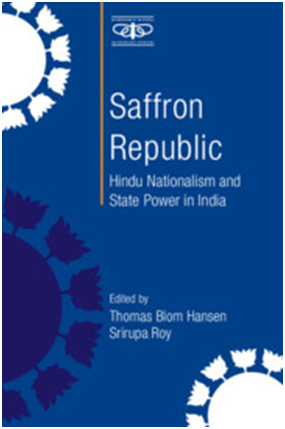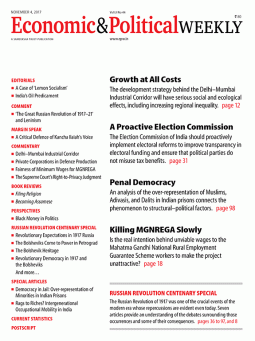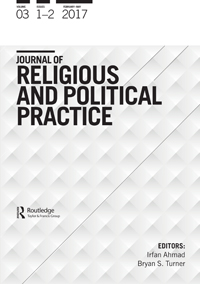Ahmad, Irfan. 2022. “Violence after Violence: The Politics of Narratives over the Delhi Pogrom.” In Thomas Blom Hansen and Srirupa Roy (eds) Saffron Republic: Hindu Nationalism and State Power in India (in the series Metamorphoses of the Political). Cambridge: Cambridge University Press.
Abstract: This essay makes two arguments. First,there is a hidden politics that the name ‘riot’ performs. It institutes a false equalization that flattens the gigantic power inequality between Hindus and Muslims, and in a single stroke makes them both equally capable and responsible for riot, itself wrongly viewed as between two communities. This false equalization stands on a pervasive but incorrect idea that a ‘balanced’ approach entails condemning both minority and majority communalism, which supposedly mirror each other. Given this notion of resemblance, in The Algebra of Warfare–Welfare, I call this received wisdom the ‘ditto theory. Second, there is a prior theory of violence rooted in the composition and history ofnationalism and almost independent of incidents of violence. An academic theory about ‘communal’ or ‘Hindu–Muslim’ violence presupposes and partakesin that epistemology rather than simply collect ‘data’ about specific cases of violenceas an ‘objective’ scholar or analyst. This essay explores the crucial subject of the politics of naming over longue durée. In so doing, it puts forward an original argument that seldom has much of social science made. This argument is derived from as well as extends my larger monographic work on political violence. It is not feasible to lay bare full detail of my claim here. In part, this is because the regnant doxa my argument is positioned against is not limited to a specific field of inquiry, discipline, or a set of authors. My contention instead pertains to the very ubiquitous nationalist epistemology to which almost every discipline, field, or most authors pledge their affiliation. This nationalist epistemology as a knowledge/power matrix with Hindu Orientalism as its lynchpin is, moreover, international.




